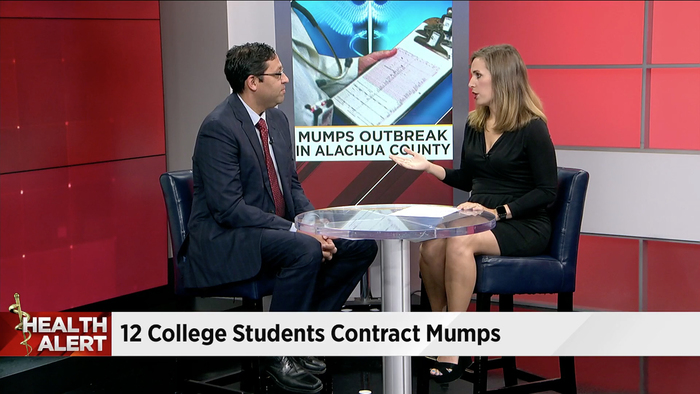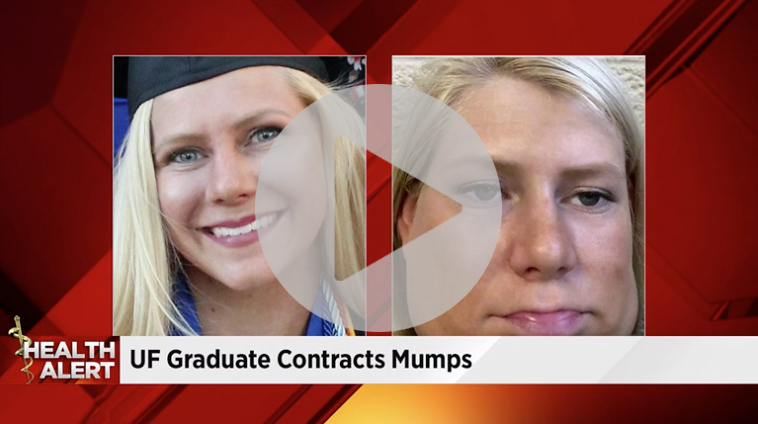New protocols have been released by Dr. Bart Schmitt and Dr. David Thompson for telephone triage nurses specifically for patients that have been diagnosed or have suspected measles or have been exposed to measles.
The guidelines provide telephone triage nurses with a consistent and methodological approach to callers who have questions. They also provide nurses with educational information to share with patients. During an outbreak, triage nurses see an influx of calls due to increases awareness and concern, especially with young adults in their teens and early 20’s.
Our Medical Director, Dr. Ravi Raheja was recently interviewed by Jacksonville Television News Channel 4 to discuss the current outbreak of measles on college campuses. Triage nurses should be prepared to receive some of these calls and need to be well informed on how to answer questions about the illness. Our nursing director provides helpful tips on how to answer patients’ questions and alleviate their fears.
College students are generally susceptible to outbreaks of all kinds of contagious diseases, including certain strains of meningitis, measles and the flu. This is in partly because cramped dorm rooms and crowded classrooms can breeding grounds for contagion. In addition, anti-vaxxers, or parents who refused to vaccinate their children, have added to the number of young adults who go to college without being vaccinated.
About Mumps
Mumps is well-known for the characteristic severe swelling it causes in the cheeks and neck, but other symptoms range from a fever and headache to aches and loss of appetite. In some cases, deafness can occur, and more dangerous complications can happen after puberty, including inflammation of the testicles or ovaries.
Mumps is spread through spit and mucus, so college students who are often together in classes and dormitories or who share drinks and food are particularly susceptible. The virus is one of the most contagious diseases and can remain in the air and on surfaces for up to two hours after an infected person has left the room, making crowded classrooms, dormitories, and, bustling quads and hallways prime targets for outbreaks. Symptoms don’t usually show up until at least two weeks after someone is infected, but it can take up to a month, allowing the virus to spread undetected.
Many colleges and universities require students to receive the vaccine before coming to campus, however, that some institutions do not have the resources to check the health records of every first-year student.
Some young adults whose parents did not vaccinate them now have the choice to get vaccinated on their own. Most universities offer the vaccination, administering booster shots at campus health centers.
TriageLogic is a URAC accredited triage nurse call center used by doctors’ offices, hospitals, and organizations. For more information about TriageLogic, please visit our website at www.TriageLogic.com.






